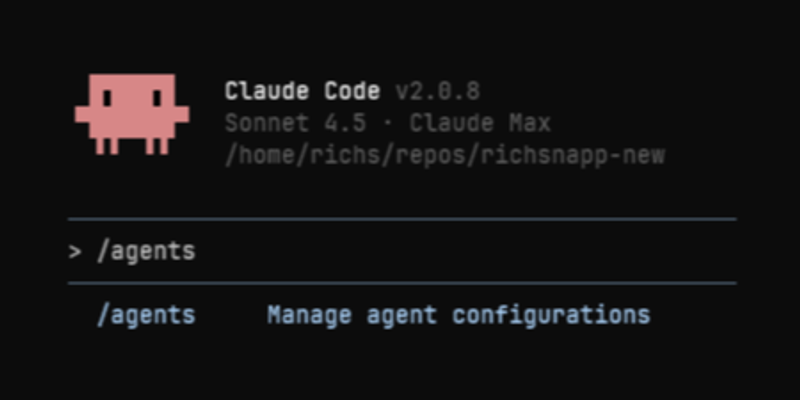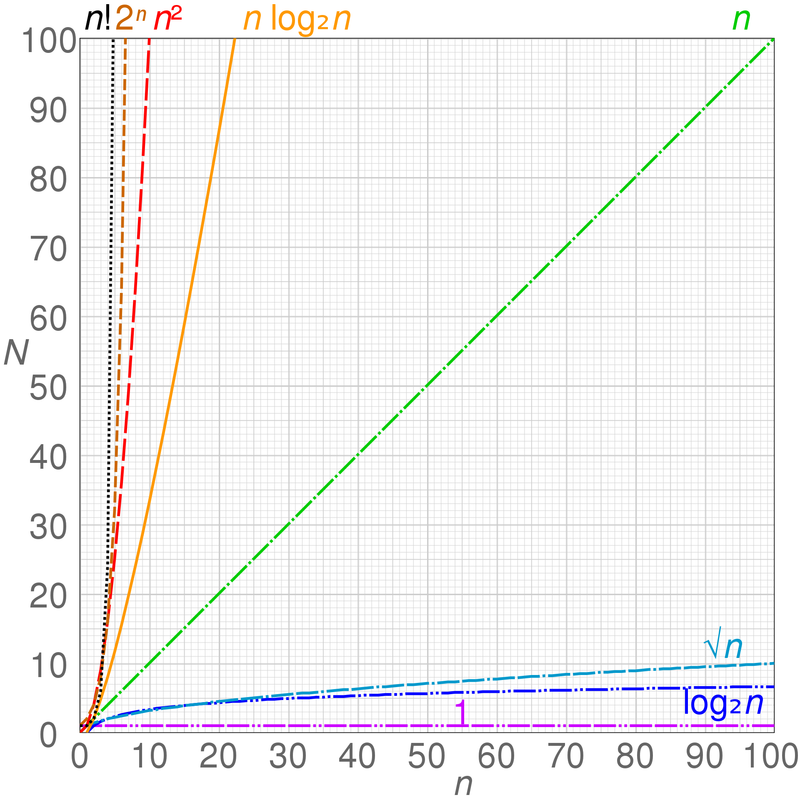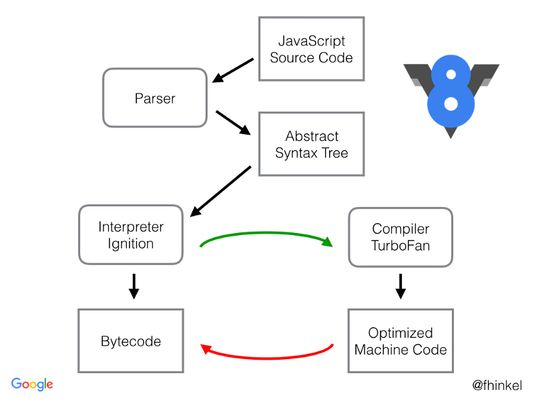programming

Worktrees & Tmux & Claude, Oh My... Zsh
Before AI came along, my coding workflow was something like this: open up IntelliJ, checkout a branch, start coding. Sometimes I would switch between branches to review someone else's code, or maybe just to tackle a different problem for a bit. On rare occasions I would use git worktrees to checkout multiple versions of the code, usually to solve a regression. Occasionally if I needed help with something I would look things up on Google and Stack Overflow. Maybe I would pair-code with a coworker. Today, I'm working in a secure container that has several worktrees checked out at any given moment, each with their own associated terminals, IDEs, and AI agents.

Context Management with Subagents in Claude Code
If you're using agentic AI today, there's a good chance you're using Claude Code; and if you're using Claude Code, there's a good chance you've heard of, or maybe even used, subagents. If you're like me though, when you first heard of subagents you may have been confused about how they differ from the custom slash commands you may already be using, or if they're meant for something entirely different, like managing concurrent workloads. So let's talk a bit about what they are and what problem they are solving.

How Javascript affects browser performance
With the move towards frontend frameworks the web is becoming increasingly loaded with javascript. It used to be that you could disable javascript and have a usable web experience but for the most part that is no longer the case. In some ways it is good that we are building websites with more functionality than ever existed in the past. But it is also a double-edged sword that requires us to craft our applications in a way that contributes to a good user experience. I'm going to talk about some of the metrics that are used to measure performance and how these metrics can be impacted by the javascript we write.


The reduce ({...spread}) anti-pattern
Performance is a common topic in computing, but it is especially common in the frontend world as the latest Javascript technologies battle for the frontend throne. Some may say React has already won (and the usage numbers seem to agree) so in this blog post I wanted to talk about a piece of problematic code I'm seeing more frequently in the frontend world as Javascript syntax is evolving and components are taking over.

Unmangle your javascript variables
There are many tools you can find for unminifying javascript code. However, most of these tools just add proper formatting and call it a day. Considering many minifiers mangle local identifiers to one or two characters and reuse those identifiers frequently, this can result in some code that is still quite painful to read. I think we can do better.
